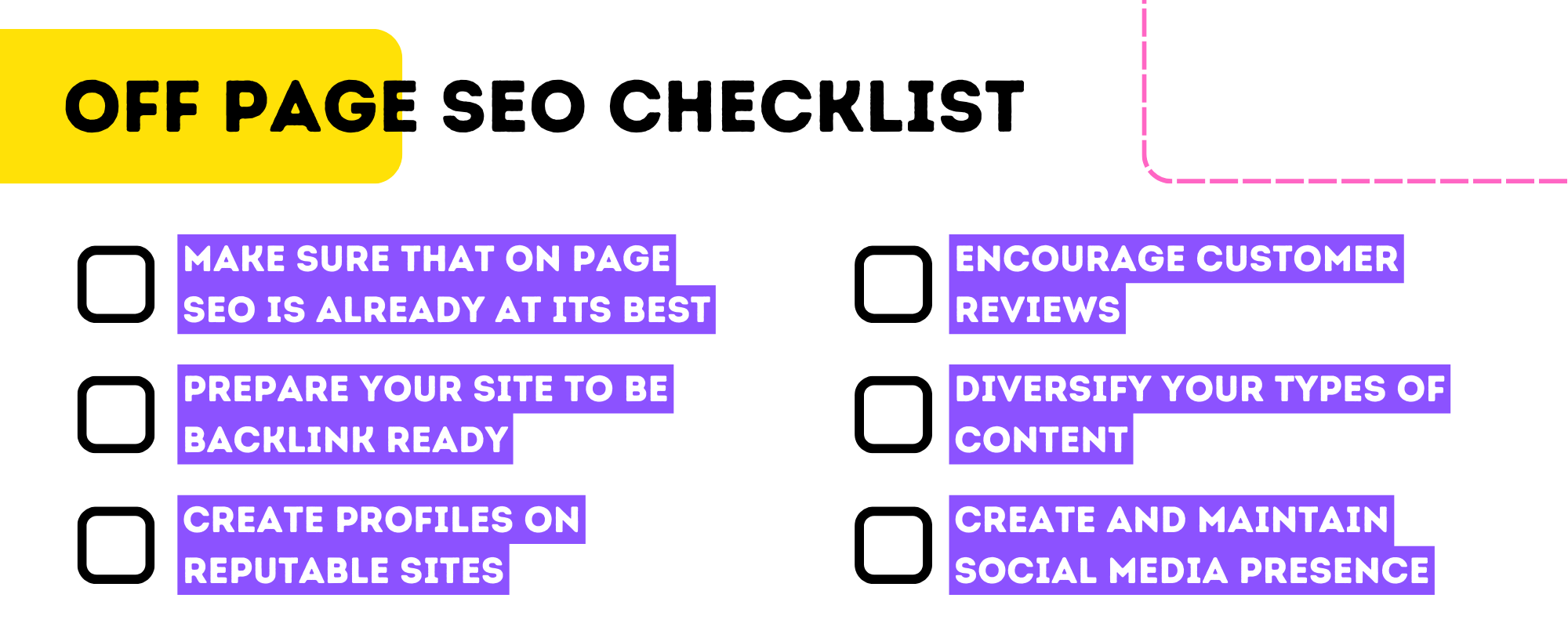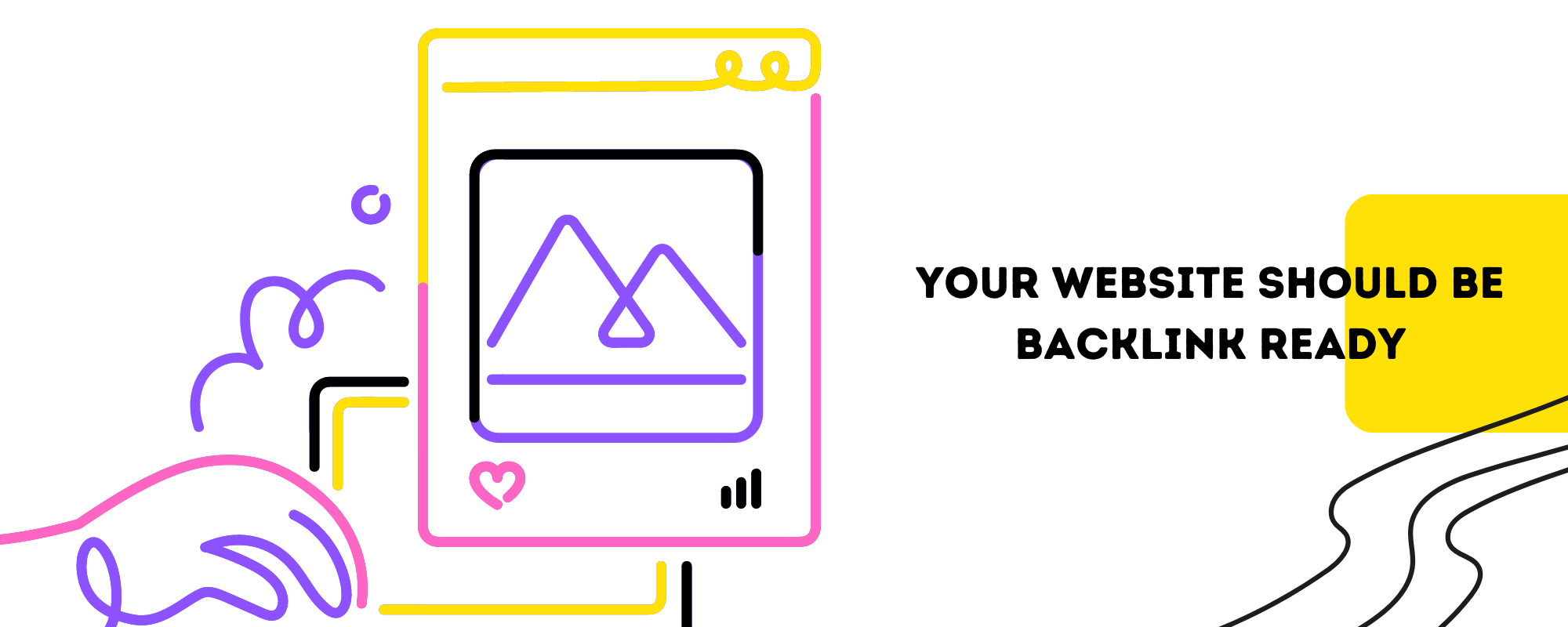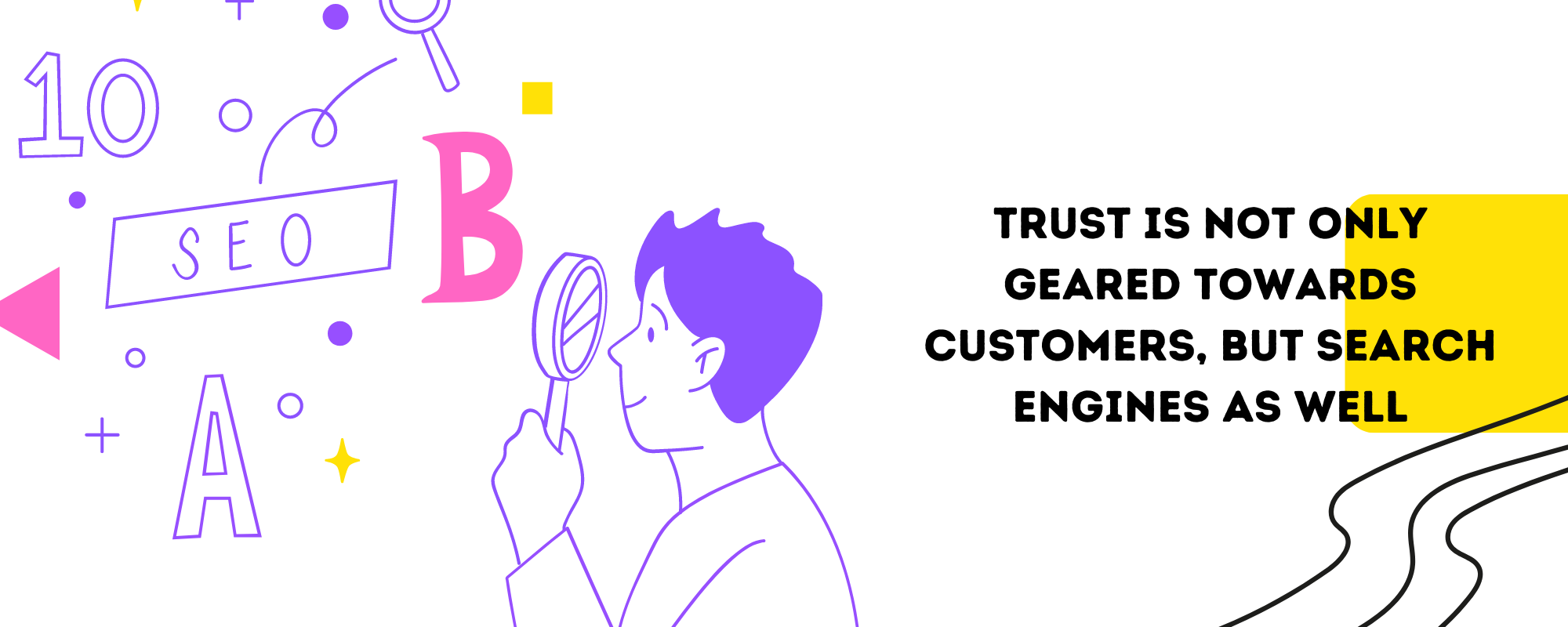When we talk about SEO in general, we often imply that it’s On Page SEO. And it’s one of the key ingredients in marketing that any online brand should have at some point.
However, there is another type of SEO that we also need to work on, and that’s the Off Page SEO.
On page SEO are elements we include to strengthen our reputation enough for the content we publish. Off page SEO are the external elements that also contribute to our reputation. On page is what you say or the content you offer your visitors. Off page is what others say about you.
It might seem out of your control because you can’t dictate what other people will say about you, but you can prepare and bolster your reputation so it can influence what they say about your brand.
Before you start with off page SEO, you really need to make sure that your on page SEO is in tip top shape. That is actually the first in the checklist.
Here is the complete list you need to accomplish for your off-page SEO.
Off Page SEO Checklist
- Make sure that on page SEO is already at its best
- Prepare your site to be backlink ready
- Create profiles on reputable sites
- Encourage customer reviews
- Diversify your types of content
- Create and maintain social media presence
Let’s go on through the list to see how we can check out each off page SEO preparation.
Make sure that on page SEO is already at its best
Off page SEO will still provide benefits to your searchability, but on page SEO is your foundation.
Even if you manage to build up towards the top results using off page SEO strategies, it will be very hard to maintain it when you don’t have a clean on page SEO preparation.
Now we won’t dive into what you should do specifically to prepare your on page SEO, but we’ll talk what you should aim for real quick:
- Ensure fast load times (page speed)
- Build authority through creating accurate topics and quality content
- Make sure that your website is updated regularly by creating fresh content
- Fix erroneous links on your website
Once you have these fundamentals ready, then you can proceed with the off page SEO preparations.
Prepare your site to be backlink ready
It isn’t enough to create links to your own site and to others. You have to encourage other websites to link to you as well. And to do that, you have to have accurate topics and great content. In short, you need to have authority.
Authority is a flywheel concept in SEO. The more great content and accurate topics you produce, the more likely you are going to be referenced and linked through by other websites.
So for example, your brand is recycling used jeans and converts them into shoes. You publish articles regularly about recycling and sustainability.
Then one copywriter from another brand is writing about recycling. When they are trying to research more about recycling, one of your articles gets top results because of your on page SEO efforts. The copywriter references your article and links to you. Then the cycle continues.
Also, notice that the types of links created and referenced by other websites are content type links: Articles and blog posts. It’s rare to get product pages or other services featured organically. Articles and guides are more likely to get linked.
So in order to be backlink ready, build authority. Create a content system that produces accurate topics and great content regularly.
Create profiles on reputable sites
Google is still the number one search engine in the world with 85% of market share.
And because of that massive size, they also have a variety of platforms and services to help you and consumers build a relationship better.
One way you can do that is to create a Google business profile. Google will definitely prefer to show websites with their Google business profile completed on the top results. Google likes to provide as much information at a glance as possible to users. So having a completed profile makes it more likely for your page to be at the top, or close to the top.
It’s lazy when a business doesn’t have information on Google. Always make sure people can learn about you from Google’s search results.
Another way to have online profiles is if you have partnerships with organizations. Let’s say that you are an agency that helps businesses on Klaviyo making you a Klaviyo Partner. You can then create that profile on Klaviyo that makes it searchable for Klaviyo users to search for your agency on their own platform.
And the added benefit is that it also helps with SEO. The more information you have out there, the more the search engine perceives your value as a web page.
Encourage customer reviews
Search engines are focused on user experience. And they want to give the best results and recommendations to users if they want information about something.
As I said before, digital marketing is just word-of-mouth on steroids. So to take advantage of that, it’s best to encourage people to leave reviews, especially if it’s getting considered by search engines.
If you’ve already created a Google Business profile, then users will have the opportunity to place reviews on that profile. It’s even better if you respond to reviews. Thank them if they are positive, give assurance if they are negative.
And don’t be afraid of negative or less than favorable reviews. Google will still show your result because it favors the amount of reviews. Sure, customer impressions will be affected by negative reviews but not that much.
Some customers know that a 5-star rating business might be too good to be true or just have less reviews to be considered as accurate. They view it as less trustworthy than someone with a 4.5 star or lower rating.
And lastly, notice the term that I use: “Encourage.” Different platforms have different policies. For example, Yelp’s policies prohibit you from asking for a review. While for Google, it’s fine to ask for reviews but not ask for good reviews.
So it’s better to just encourage people to write reviews as they see fit. It’s fair, it doesn’t breach any guidelines, and it builds trust.
Diversify your content
We established that content, especially articles and blog posts are great for on page SEO. Even with the advancements on the internet, it still chooses keywords and key phrases as the basis for ranking.
But you might ask, if words and phrases are the basis, then why should I use video, infographics, or other forms of content?
The reason is because you still put words behind those types of content and those types of content are very linkable.
SE Ranking says that infographics boost your SEO performance by 12%.
Again the rule of thumb is to be in as many places as possible. But it’s not a shotgun approach where you just create these types of content. It still needs to be quality for the search engines and other websites to pick it up.
Create and maintain social media presence
The marketing term for this strategy is to “be where the customers are.” But be true to that strategy. Be truly there. A “social media presence” is about engagement, not just merely having a profile.
Social media is a valuable tool to form your relationships with your customers.
Encourage people to tag your page, interact with comments, acknowledge and respond to reviews, produce content according to current trending topics, and so much more. It’s like applying the off page SEO checklist, but for social media.
Encouraging interaction, developing relationships, and also increasing your social media SEO performance gives you a boost in off page SEO traffic.
Why You Should Consider Off Page SEO
On page SEO creates the trust to your brand while off page maintains that trust. That trust is not just towards customers, but also to the search engines.
Search engines won’t place pages on the top results unless they deem it trustworthy. Like our point earlier, the search engines will take the reputational hit if they show poor search results.
The above checklist items won’t involve you spending a lot of money. Perhaps outsource social media management and content creation and that’s it. It’s usually organic. We also get clients who hire us for link building outreach once our client has a good library.
If you need a team or software to expedite the process, that’s your investment, but you can still DIY these things as well if budget is tight. Although SEO is an ongoing process so it’s always better if you have help.
Lastly, to set your expectations straight, know that SEO is a long play. You won’t see results overnight. It can take months or years. But it will always be helpful for your brand. While it can take long, the ROI can also last longer.
There are some marketing strategies that are optional, but SEO is non-negotiable. In order for a business to succeed online, they have to be found online.
And if you need help with SEO in general, you can contact us here.










